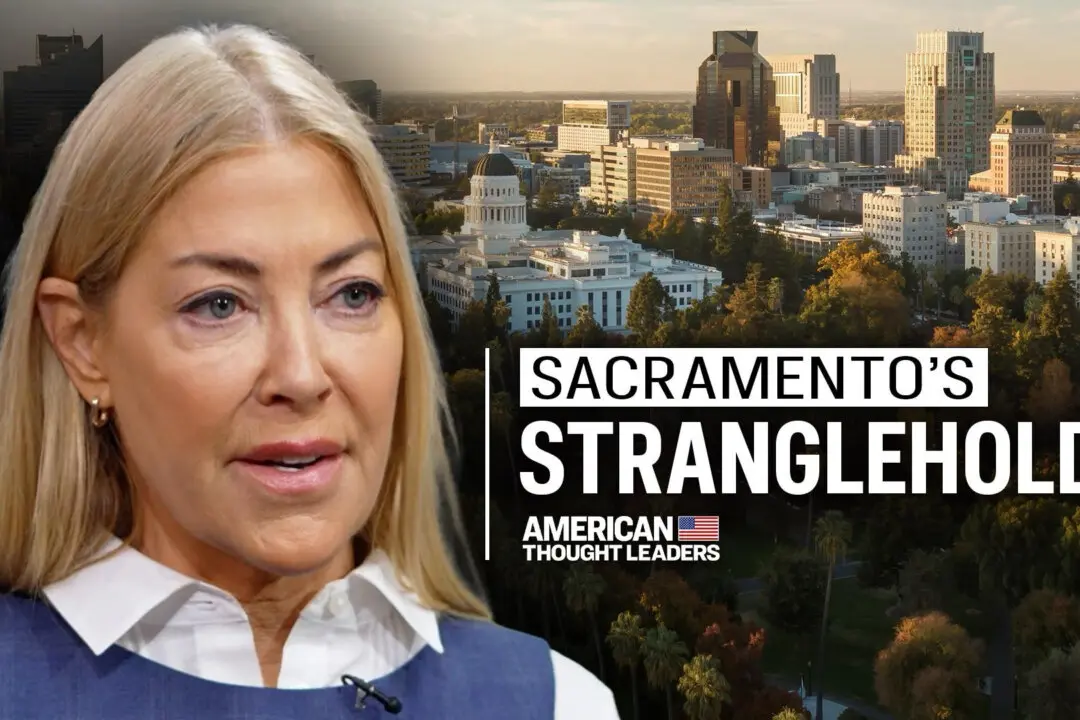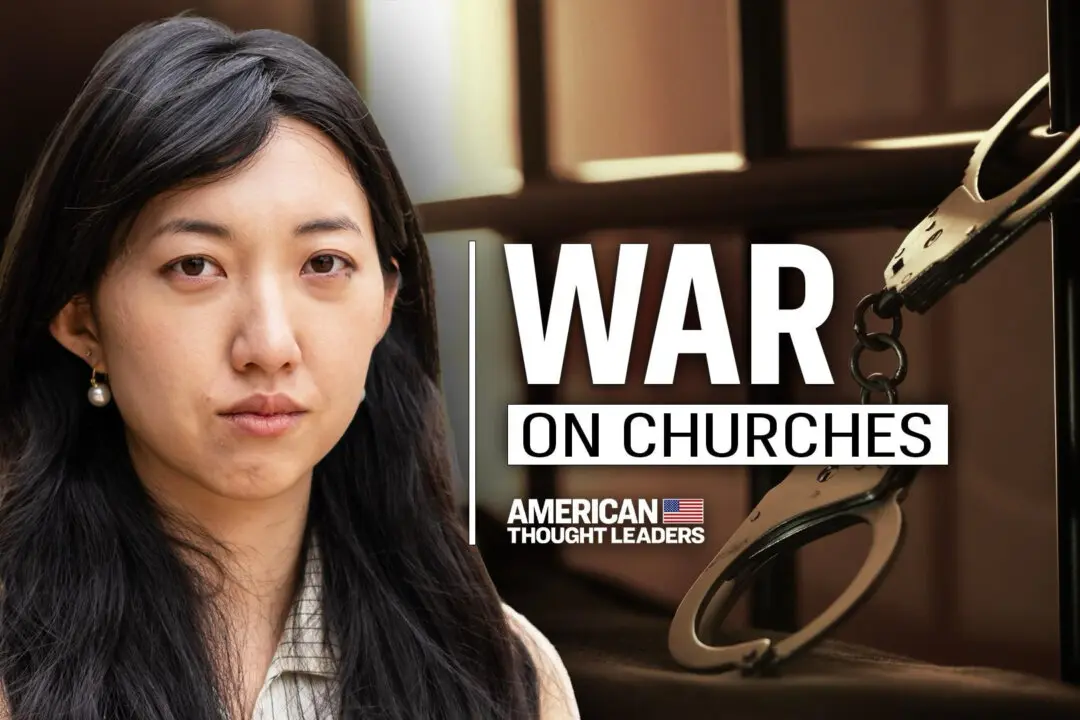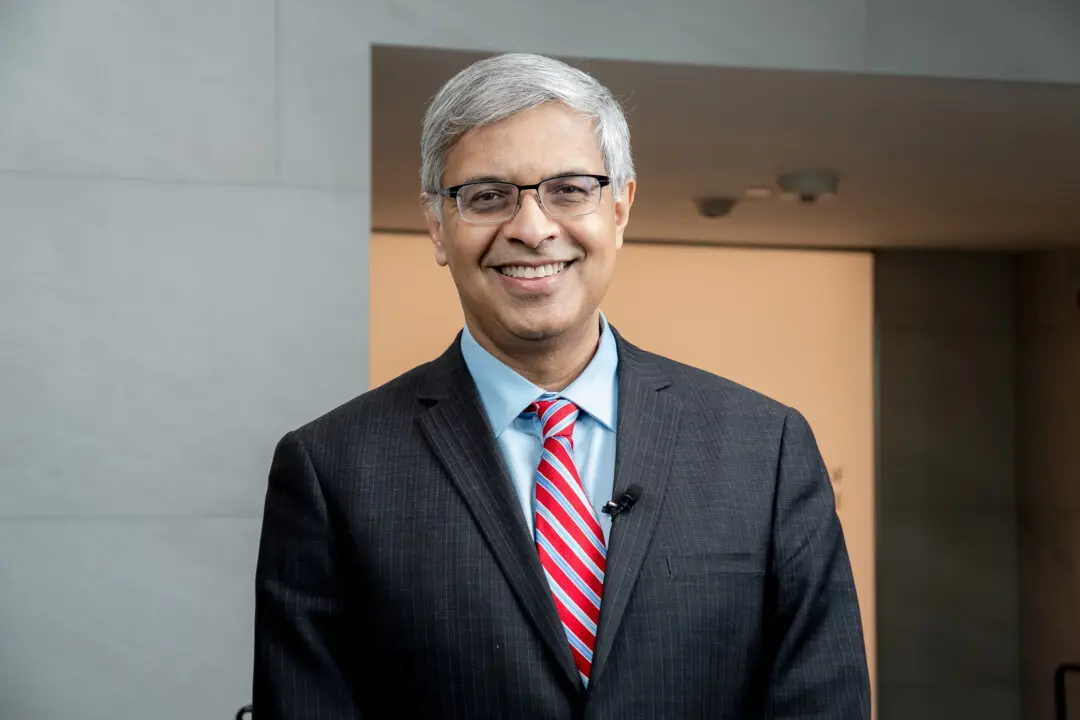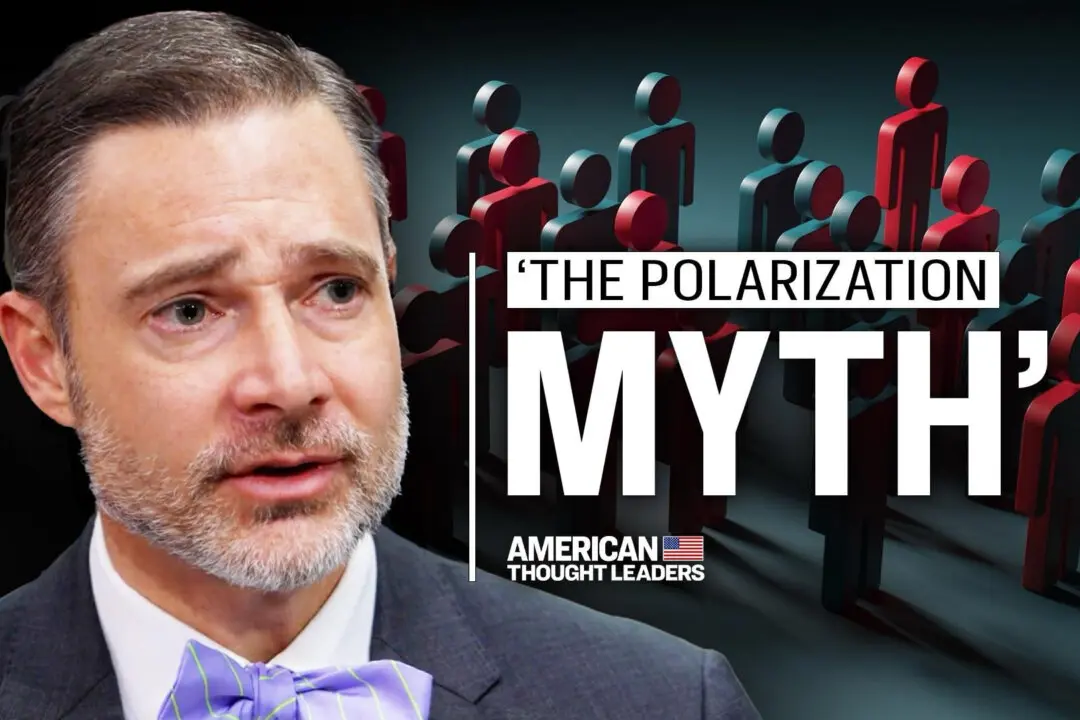NEW YORK—In anticipation of the 2010 Human Rights Day, a diverse array of human rights experts in New York City weighed in on some of the key human rights issues facing the world today.
The panel, held at the United Nations Church Center at United Nations Plaza, covered a diverse range of topics including women’s rights, access to water and sanitation, international human rights law, media freedom, and the rights of persons with disabilities.
Among the six panelists, international human rights lawyer Ugoji Eze tackled the perennial issue of civilians in conflict situations. “It is imperative to follow up the issue of explosive weapons,” she said, in particular reference to drone attacks on civilians.
Recently, Pakistan refused to expand the range of U.S. drone over-flights. One interpretation is that this was due to Pakistani government fears of a backlash among the civilian populations living in the proposed regions.
Epoch Times Editor-in-Chief John Nania underscored the need for accountability and independence in today’s media.
The panel, held at the United Nations Church Center at United Nations Plaza, covered a diverse range of topics including women’s rights, access to water and sanitation, international human rights law, media freedom, and the rights of persons with disabilities.
Press Freedom and Civilians in Armed Conflict
Among the six panelists, international human rights lawyer Ugoji Eze tackled the perennial issue of civilians in conflict situations. “It is imperative to follow up the issue of explosive weapons,” she said, in particular reference to drone attacks on civilians.
Recently, Pakistan refused to expand the range of U.S. drone over-flights. One interpretation is that this was due to Pakistani government fears of a backlash among the civilian populations living in the proposed regions.
Epoch Times Editor-in-Chief John Nania underscored the need for accountability and independence in today’s media.






